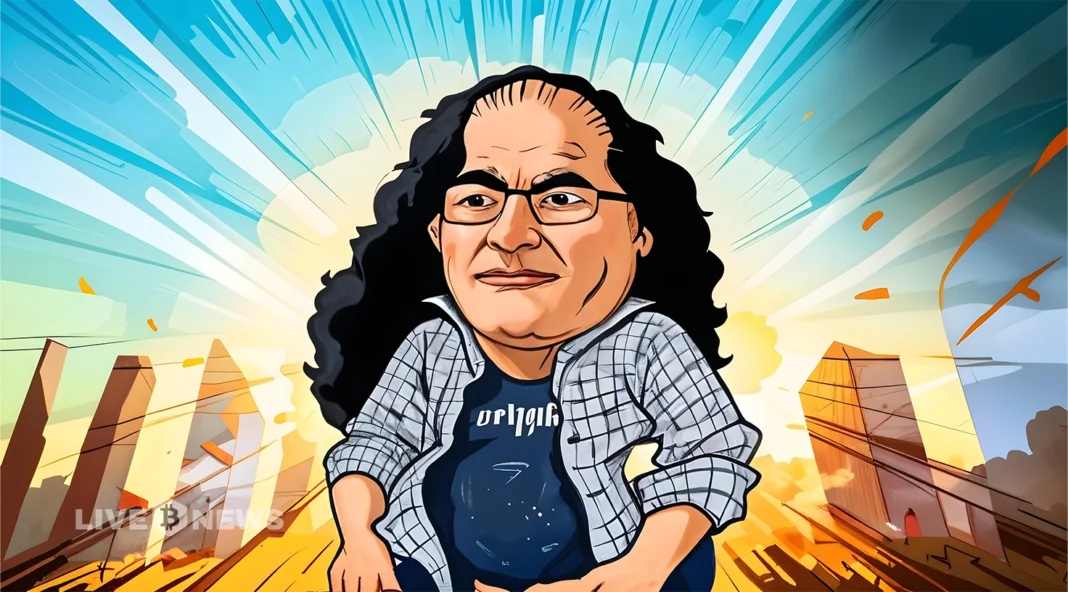- Ripple’s CTO slams Operation Chokepoint 2.0 for violating rights.
- Schwartz advocates for legal provisions to prevent indirect regulation misuse.
Government-operated Operation Chokepoint 2.0 has described this campaign as controversial to the industry, focusing on de-banking activities targeting cryptocurrency companies. According to one of the critics, it undermines the rule of law as Chief Technical Officer David Schwartz, from Ripple, expresses. In his words, de-banking companies do not only disrupt business operations but also contravene important principles such as due process, free expression, and protection from arbitrary government actions.
Schwaz writes that businesses affected by de-banking either seek alternate providers of service or take operations underground, making them no longer a concern for government monitoring and fines. He went on to say that those tactics allow for indirect regulation, which he believes undercuts the legal basis upon which the crypto industry ultimately the nation-is built.
Crypto Executives Protest Government Steps
Many tech entrepreneurs and industry leaders have taken to social media to share their own experiences with de-banking. Mark Andreesen, a venture capitalist, has stated that over 30 tech companies have been impacted by Operation Chokepoint 2.0.
Notable individuals, such as Frax Finance founder Sam Kazemian, have also spoken out. Kazemian says JPMorgan Chase de-banked him in December 2022. Nic Carter recently explained to Castle Island Ventures how the Biden administration supposedly targeted the crypto economy by dismantling a big institution that served crypto clients, Silvergate Bank.
As the tension continues, Coinbase CEO Brian Armstrong is now digging into Operation Chokepoint 2.0. He filed a Freedom of Information Act request to access documents related to it. Amid the regulatory issues, many leaders in the crypto space are optimistic that future administrations and, in this case, the Trump administration will change their stance on crypto regulation and provide more legal clarity and fair treatment for the sector.
Against this backdrop, the fight between the crypto industry and government regulators continues unabated. However, industry leaders plead for clear and transparent regulations pro-innovation but not anti-growth.



